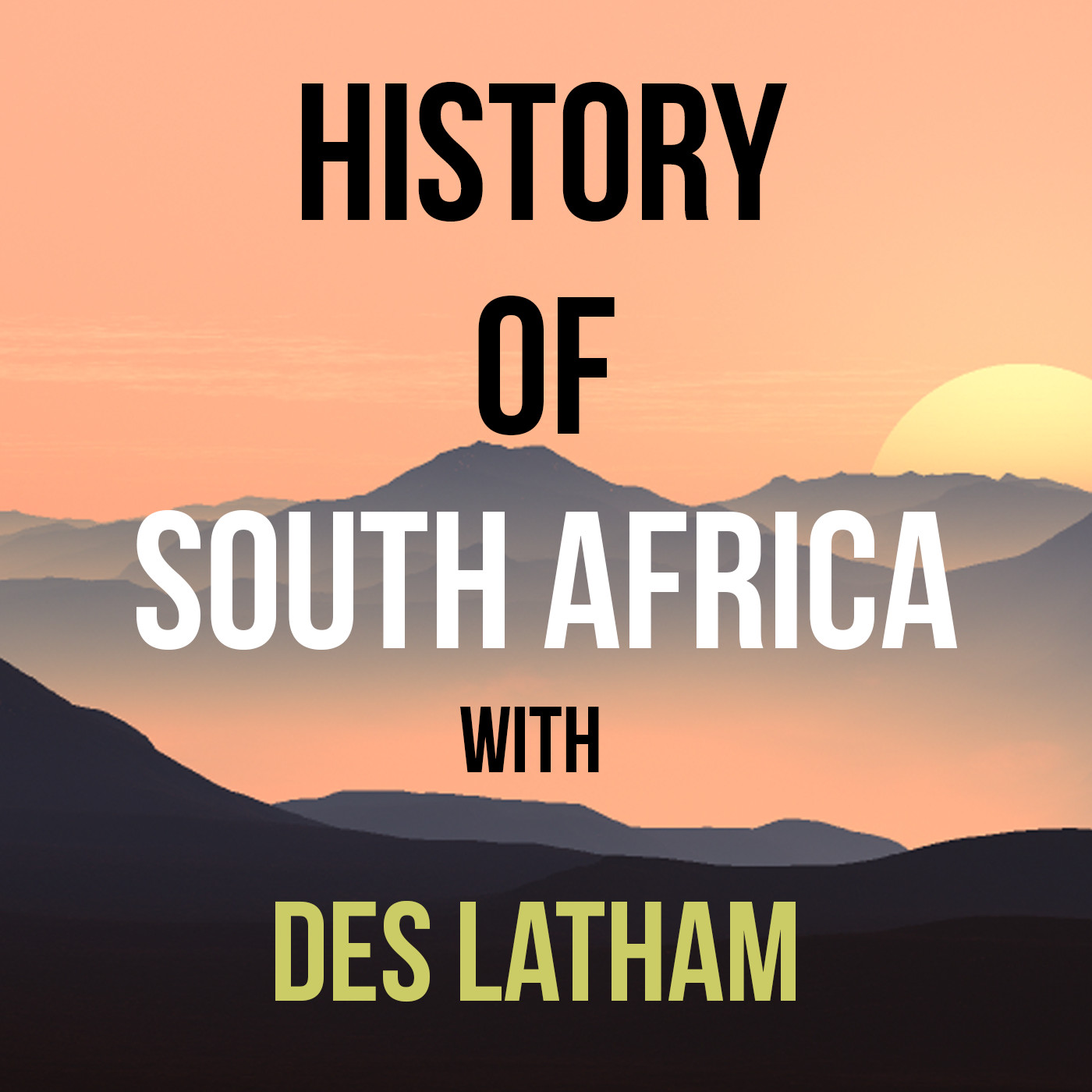- History
- SEE MORE
- classical
- general
- talk
- News
- Family
- Bürgerfunk
- pop
- Islam
- soul
- jazz
- Comedy
- humor
- wissenschaft
- opera
- baroque
- gesellschaft
- theater
- Local
- alternative
- electro
- rock
- rap
- lifestyle
- Music
- como
- RNE
- ballads
- greek
- Buddhism
- deportes
- christian
- Technology
- piano
- djs
- Dance
- dutch
- flamenco
- social
- hope
- christian rock
- academia
- afrique
- Business
- musique
- ελληνική-μουσική
- religion
- World radio
- Zarzuela
- travel
- World
- NFL
- media
- Art
- public
- Sports
- Gospel
- st.
- baptist
- Leisure
- Kids & Family
- musical
- club
- Culture
- Health & Fitness
- True Crime
- Fiction
- children
- Society & Culture
- TV & Film
- gold
- kunst
- música
- gay
- Natural
- a
- francais
- bach
- economics
- kultur
- evangelical
- tech
- Opinion
- Government
- gaming
- College
- technik
- Jesus
- Health
- movies
- radio
- services
- Church
- podcast
- Education
- international
- Transportation
- Other
- kids
- podcasts
- philadelphia
- Noticias
- love
- sport
- Salud
- film
- and
- 4chan
- Disco
- Stories
- fashion
- Arts
- interviews
- hardstyle
- entertainment
- humour
- medieval
- literature
- alma
- Cultura
- video
- TV
- Science
- en
Episode 113 - Guerrilla warfare throws up a challenge while Jannie Hostage and Ou Blouberg plan their escape

It\u2019s early 1835 and globally, quite a few fascinating things are going on. For one, America\u2019s National Debt was Zero dollars - for the first and last time in it\u2019s history. It\u2019s president Andrew Jackson survived an assassination attempt in January of that year, also the first but not the last.
\n
\nMauritius had banned slavery on the 1st February 1835 as South Africa had done in December 1834.
\n
\nThe British began their counter attacks on the Xhosa chiefs who\u2019d invaded across the ceded territories, into the Cape, and wreaked so much havoc - the Sixth Frontier War was rumbling on.
\n
\nAnother major event had been brewing for some time. The trekboers had been chafing under the rule of the English and each new law that was supposed to protect the Khoekhoe from abuse, then the ban on slavery, led to the Dutch decedents recoiling seeing these as actions designed to destroy their way of life.
\n
\nIt was a litany of abuse as far as the Boers were concerned, including the horror of the Slagter\u2019s Nek rebellion, the bungled hanging of the rebels, the use of English as the official language, they were under siege, it was all too much and these were the push factors.
\n
\nBut there was the pull factor - those distant landscapes, those far-off mountains that seemed to beckon to the youngsters and those with adventure in mind - this beckoned towards adventurers like an African Medusa. The fact that the land was occupied was of secondary importance, and like Medusa, was imbued with malice and risk.
\n
\nBy 1830 the echo of the hills yonder became an obsession for some of the trekboers.
\n
\n1930 was also the year that the 19 year-old Karel Trichardt met with Hintsa between the Kei and Bashee rivers and asked him for land - and was awarded a 90 year lease on 101 square kilometers near the Kei River. This was not what the British had intended with their segregation of the Colony and the Xhosa areas across the Kei. Trichardt in particular was going to be a thorn in the English side.There were two of the three missionaries still operating amongst the Xhosa, but even these eventually fled. John Brownlee who was safe at his mission station on the Buffalo river, alongside Dyani Tshatshu\u2019s Tinde people, found that they turned against him. Tshatshu himself came to Brownlee one night and said the Tinde were going to war against the British, calling on the missionary to join him. Brownlee said he could not, other missionaries heard about this in Grahamstown and sent wagons to get him out - he refused.
\nHe and his family were going to pay for his stubbornness.